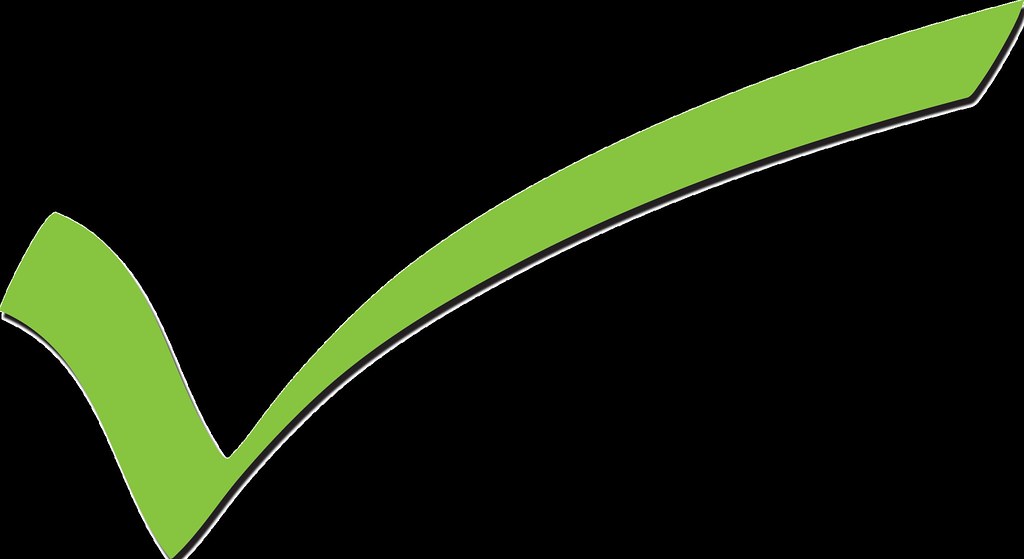 What Is a Fact?
What Is a Fact?A fact is a statement that can be verified. A statement of opinion is not a fact. As a fact-checker, you are working with content that is written, not researching new material. Therefore, you must read the document and identify and extract all content in need of fact checking.
The first step is to read through the entire document. Next, read the document again, this time highlighting, underlining, or marking all facts that can be verified, including phrasing and word choices such as “always” and “exactly." The following are common places to start when fact-checking:
Choose quality resources to verify facts. In addition to many of the resources listed throughout this guide, databases that provide background information contained in dictionaries/encyclopedias are good starting points because of their quick overviews and easy-to-read nature. Try some of the following:
[Some of this text is from www.scienceliteracyproject.org authored by Jennifer Jongsma.]
 Fact Checking Websites
Fact Checking WebsitesFact-checking sites are useful tools for helping users distinguish between the truth and rumors. Like all websites, fact-checking sites may have biases towards a certain group or issue. Take time to evaluate who is running the site, how the site is funded, and what type of information is being provided when using these types of sites.
 After you have decided that a source is potentially useful, read it carefully and critically, asking yourself the following questions about how this research fits your project:
After you have decided that a source is potentially useful, read it carefully and critically, asking yourself the following questions about how this research fits your project:
Adapted from Easy Writer (4th ed.)
 Sources can play several different roles as you develop your points:
Sources can play several different roles as you develop your points:
Provide background information or context -- You can use facts and statistics to support generalizations or to establish the importance of your topic.
Explain terms or concepts -- Explain words, phrases, or ideas that might be unfamiliar to your readers. Quoting or paraphrasing a source can help you define terms and concepts in neutral, accessible language.
Support your claims -- Back up your assertions with facts, examples, and other evidence from your research.
Lend authority to your argument -- Expert opinion can give weight to your argument. But don't rely on experts to make your argument for you. Construct your argument in your own words and cite authorities in the field for support.
Anticipate and counter objections -- Do not ignore sources that seem to contradict your position or that offer arguments different from your own. Instead, use them to give voice to opposing points of view before you counter them.